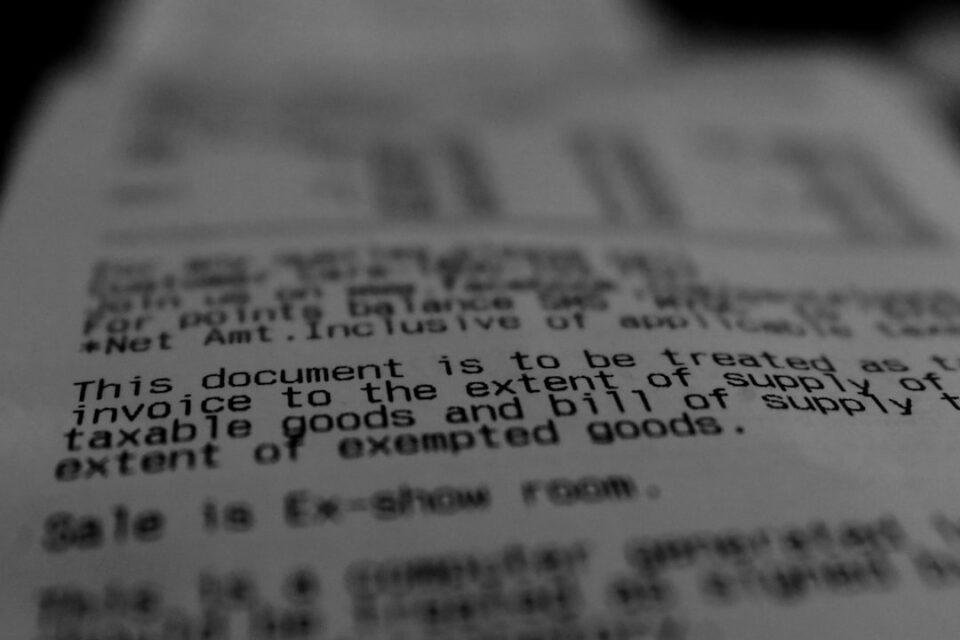In the realm of social media, the line between one’s personal and professional life is becoming increasingly blurred. With the exponential growth of platforms like Facebook, Instagram, and Twitter, individuals now have the power to share their thoughts, opinions, and experiences with the world at the click of a button. However, this freedom comes with significant legal implications that can have a lasting impact on one’s online reputation.
One of the first aspects to consider is the potential risk of defamation. Defamation occurs when false statements about a person are made, leading to damage to their reputation. In the digital age, it is easier than ever for someone to make defamatory statements on social media platforms. Even if the content gets deleted, it can spread like wildfire and have lasting consequences. Individuals should be cautious of what they post and ensure that their content is accurate, as they can be held legally responsible for any false claims made.
Another legal concern is privacy. Social media platforms often request personal information and data from users. While this may seem harmless, it is important to understand how this information can be used and shared. Privacy policies should be reviewed carefully, and users must be aware of the potential consequences of sharing personal details online. Employers, for instance, can legally access an employee’s social media accounts and use the information found to make employment decisions. To protect their online privacy, individuals should adjust their privacy settings and think twice before sharing sensitive information.
Trademark and copyright infringement are also common legal issues stemming from social media use. Users should be mindful of any copyrighted material they post, such as images, music, or written content. Sharing copyrighted material without permission can result in legal action, leading to hefty fines and damage to one’s reputation. Additionally, the use of trademarks without authorization can also lead to legal consequences, as it can create confusion among consumers and harm the trademark owner’s reputation.
Cyberbullying is yet another legal concern that has gained attention in recent years. Social media provides a platform for individuals to harass, threaten, and demean others. This behavior can lead to emotional distress, reputational harm, and even physical harm. It is crucial for social media platforms to take decisive action against cyberbullying and for individuals to report instances of harassment promptly.
Overall, the legal implications of social media use are extensive. It is essential for individuals to be aware of the potential risks associated with their online presence and take steps to protect their reputation. By being mindful of defamation, privacy, trademark and copyright infringement, and cyberbullying, individuals can navigate social media safely and responsibly. Platforms should also implement strict policies to ensure user safety and protect against legal repercussions. Ultimately, both users and social media platforms play a role in creating a positive and legally compliant online environment.

